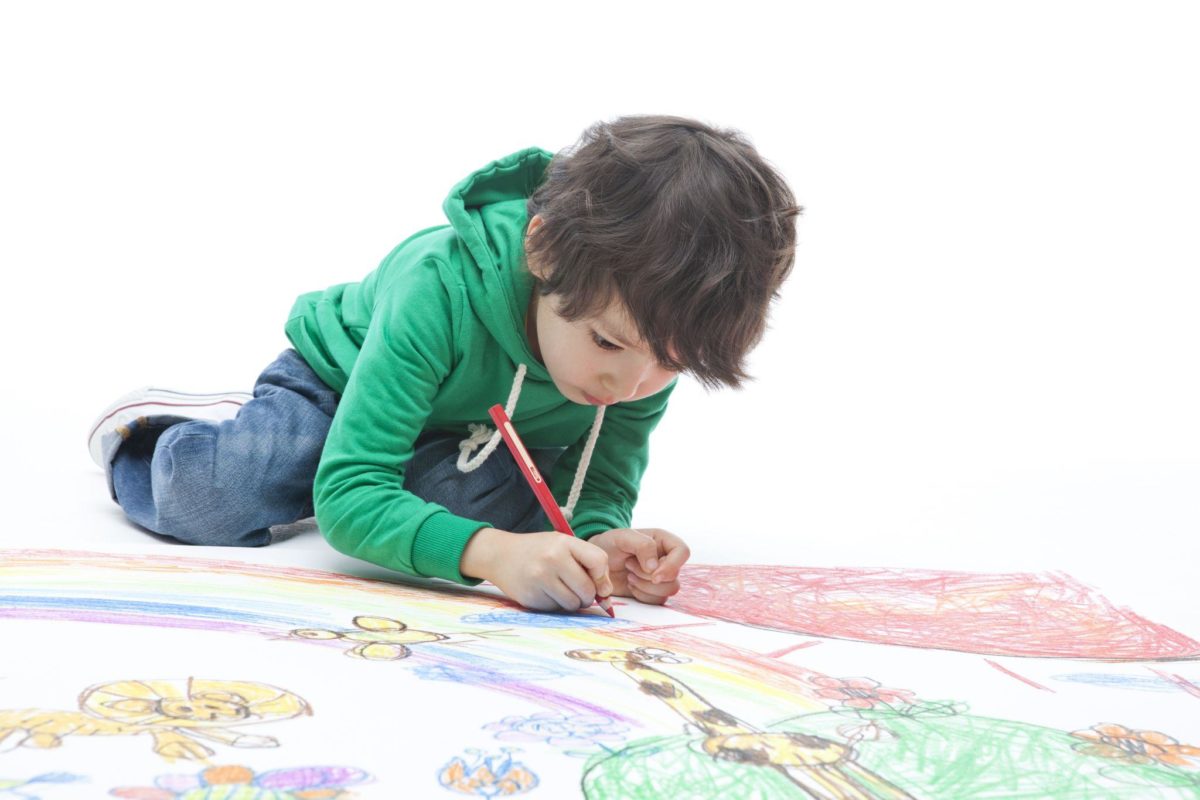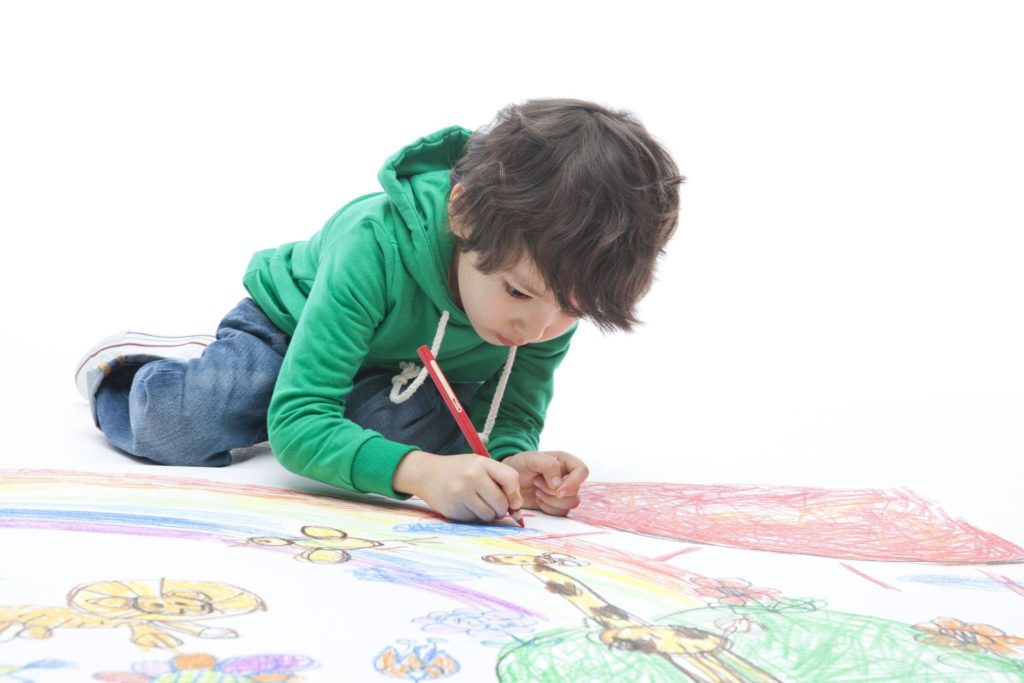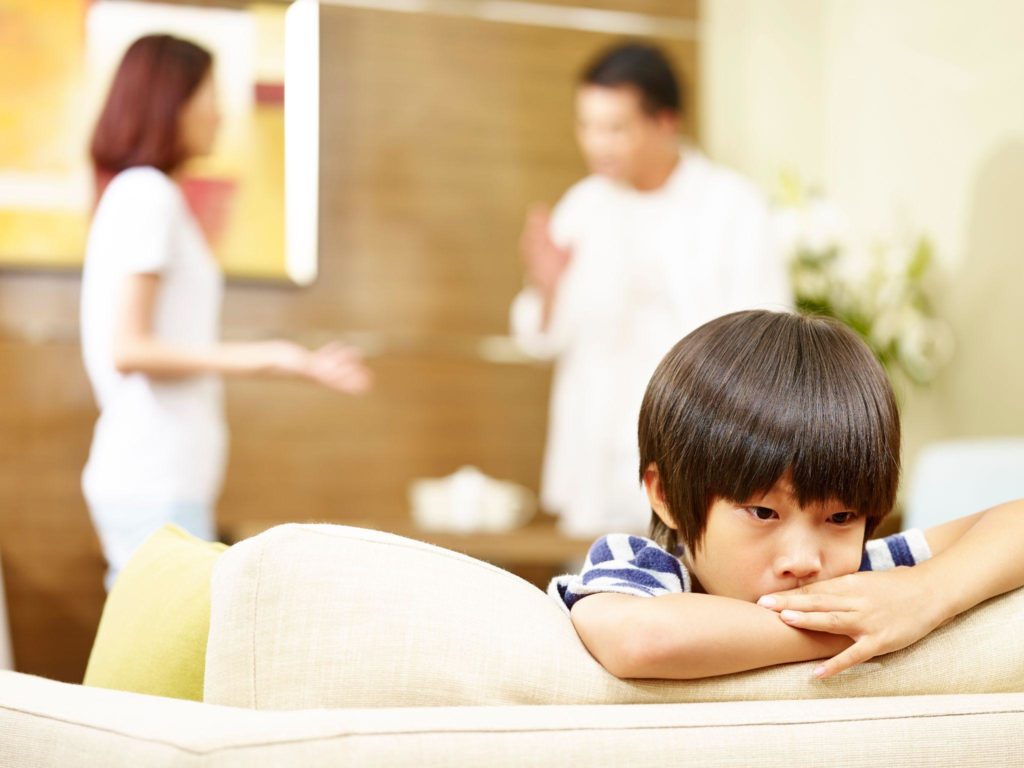I’m so tired. How to improve the feeling of tiredness

Written by: Chinese doctor Yiu Yee Chiu
As a parent, it can be exhausting to take care of a family and work. In my spare time, I like to watch talk shows and listen to the unique views of celebrities on life and their outlook on life. Once they talked about the busy life of Hong Kong people and how fatigue seems to be an inevitable “by-product”. However, we were told that we are not tired because we are all like that and it is just a normal physiological reaction. So, is this true?
Tiredness is actually a subjective feeling, so only you can understand it. In some cases, it can be seen in behavior, such as reluctance to get up, weakness in speech, lack of normal physical strength, etc. According to a Chinese Medicine Practitioner, fatigue involves the five viscera and six internal organs, mainly the spleen, liver and kidneys, with the spleen being the most important, which falls under the category of “deficiency fatigue”.
Three types of fatigue have different causes
Fatigue can be classified from different perspectives. One way is to classify fatigue into three categories: physical, mental, and psychological. Physical fatigue is the most common and the most easily noticed. After normal work, it is normal to feel tired and can recover after rest. However, if you cannot recover after rest, or if the number and degree of fatigue is too much, this is fatigue, which can also be said to be a “sub-health” state.
Brain fatigue is caused by overuse of the brain. The most basic symptoms are memory loss and lack of concentration. Other symptoms include drowsiness, lack of concentration, auricular fever, and lack of hearing. Mental fatigue is a psychological feeling after excluding physical problems, and may be triggered by lack of sleep or inadequate nutritional supply. If more than one of these manifestations occurs at the same time, it is likely to be characterized as what is known as “fatigue syndrome”.

Fatigue is related to the disorders of the five organs
From the perspective of Chinese medicine, the appearance of fatigue is closely related to the imbalance of the five viscera. Different symptoms may be related to a particular internal organ, for example, lack of qi is mostly related to the lung. Chinese medicine believes that the overall activity of the human body depends on the state of vital energy. The Yuan Qi ” Human nature inborn and nourished later”, means that the Yuan Qi from the parents of the essence, after birth, mainly from the diet of water and grain essence of the supplement and nourishment, while relying on the normal function of the spleen and stomach and with the help of the natural qi (i.e. good air), although they are tired, but there are differences in the form.
People can be divided into the following four main body types:
1. Phlegm-damp body type: This type of person is not only obese, but also has a lot of fatigue and phlegm, is easily sleepy, has lazy limbs, has stomach discomfort after eating, and has loose stools. In addition to the Chinese medicine can be adjusted, can also rely on long-term physical exercise to improve. Including jogging, swimming, Tai Chi, “Eight Duan Kam” etc.

2. Qi deficiency: these people have insufficient lung energy, lack of energy, it would have a feeling of fatigue when little working. Since the strength of liver qi is related to the immunity of the body, they are prone to illness. Other symptoms include laziness, frequent sweating, a low voice, a pale tongue with white fur, and a weak pulse. Although exercise can be encouraged, it is necessary to start slowly and increase gradually. In addition, you can use the Qihai point in the abdomen as the center of a circular massage, three times a day, for 10 minutes each time. This method can strengthen the spleen with stomach and nourish the essence.
3. Yang body type: These people have low overall metabolism and will show fear of cold, depression and drowsiness. In addition to taking Chinese medicine, you can also use the “warm umbilical cord method” to strengthen nephron. The method is to use a lit moxa stick to moxibustion on the umbilicus above the Shen Pao point for 15 minutes twice a day, mainly to feel the warmth and tolerable.
4. Depressed body: most of the manifestations are unstable, easily depressed, lack of perseverance, suspicious and other psychological imbalance. Of course, physical discomfort, such as fullness in the ribs and poor sleep, may also occur. However, it is closely related to the ups and downs of emotions. Talking and sharing with others is the easiest way to guide yourself. At the same time, you can also try “rose yam porridge”. The method is to make a congee of rose, coix seeds and Chinese yam with rice, 1 to 2 bowls a day.
In any case, the feeling of fatigue is very disturbing. In addition to discomfort, people sometimes wonder if it is a lie. So we must face it head on and find the right way to manage it. Otherwise, the sub-healthy state of fatigue may turn into a real disease, and that would be a problem.

















